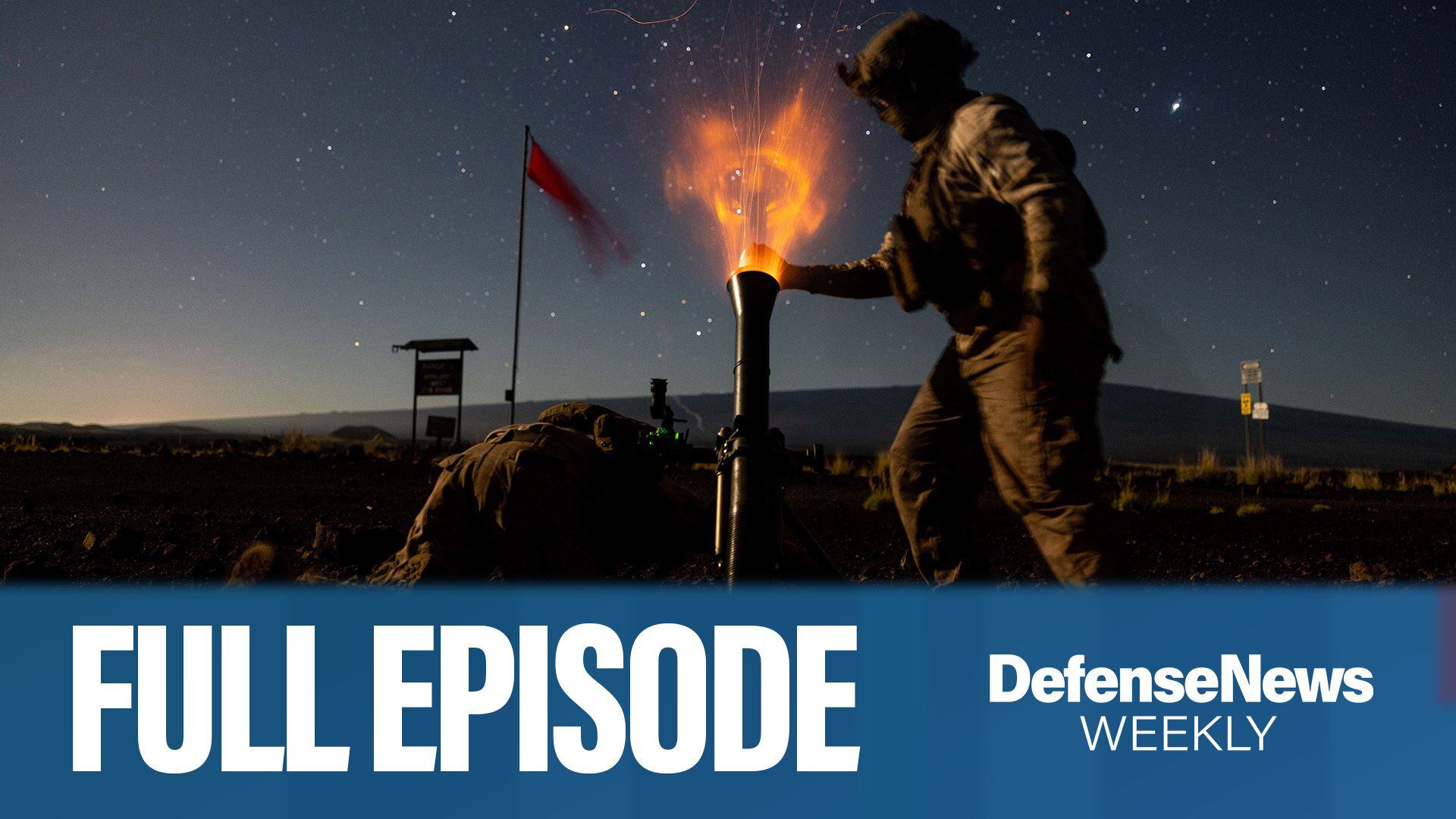The year 2018 will be very important and symbolic for Poland, as it marks the 100th anniversary of regaining our independence, first lost in 1795 (and later lost again in 1939 and regained back after 1989). Certainly there will be a lot of celebrations with the very special focus on Nov. 11. However, we also are going to work very hard to protect our freedom because we know how valuable it is.
In a globalized world, some of our problems are problems of the world, and some problems of the world are ours. It can be clearly seen if you analyze the most important trends in global security. The war in Ukraine goes on, and Russia illegally occupies Crimea and commands terrorists controlling a part of Donbass. Soon, the fifth year of this war will begin. What is more, many world leaders forgot that, just as illegally, the territorial integrity of Georgia was violated by Russia back in 2008. That makes 10 years. Restoring the international order in these two states is a fundamental task of the entire international community, and it will remain so in 2018.
Outlook 2018: Perspectives from global thought leaders
The civil war in Syria will enter its seventh year, and the one in Iraq, its fourth. At least as far as fighting the so-called Islamic State group is concerned, it seems that the struggle can finally come to an end. But there will be other problems to be solved — the Kurdish question and the future of a democratic transformation in Syria. Here we have another case of how unconstructive Russia can be, as its intervention in favor of the Assad regime and military deployments may only preserve instabilities in the region, not to mention full and open support of the Taliban in Afghanistan.
And yet another, dangerous peril arose in the Far East. The progress of the North Korean nuclear program this year was spectacular. The range of ballistic missiles and developments in warhead technology now pose a very serious threat to the world. And again, if you ask which country creates possibilities to avoid embargoes and warn against any kind of intervention on the Korean Peninsula, you will get the same answer as in the two previous questions.
I could easily add more examples: Venezuela, Iran, Catalonia. The Kremlin adopted its new-old role of the gravity center and supporter of anti-Western tendencies around the world. This results from the mentality of political elites in Russia. It was formed for decades by the daily practice of subversion, strategic disinformation and deception. All of them have centurieslong traditions in Russia, but it was the Soviet Union that brought disinformation and deception to the level unknown before. Today’s Russia is governed by the former KGB officers and their followers. As long as they are at power, we have to assume that disinformation and deception are their principal policy. This is why, apart from more or less open involvements in armed conflicts, the Kremlin is so deeply involved in propaganda activities, information warfare, cyberattacks and active measures of all kinds. This is why we have to always remember that whenever we struggle against some kind of security threat, there may be the Russian factor in it. And there often is.
Knowing that, Poland is going to keep on building up its Army. With defense spending surpassing 2 percent of gross domestic product and set to increase to 2.5 percent by 2030, as well as owing to steady economic growth of more than 4 percent GDP yearly, we have a sound base for the modernization of our armed forces. In 2018, we are going to finalize agreements in air defense, long-range artillery, helicopters and submarine projects. We will also remain an active and loyal ally within NATO and the European Union, continuing our contributions to missions in Latvia, Romania, Bosnia and Herzegovina, Kosovo, Iraq, and Afghanistan; and if need be and if our potential allows, maybe even on a larger scale or in new places. As a nonpermanent member of the U.N. Security Council, we will be actively working for global peace and stability with a special focus on North Korea.
In the year to come, several very important, multilateral events will take place. The NATO summit in Brussels will be crucial for the reform of NATO’s command structure, which is indispensable to preparing the alliance for the threats mentioned above. We cannot lose the pace that we set in Warsaw during the 2016 summit, and we must keep adapting NATO to changing conditions and better integrate its members.
Another important regional summit will take place a little earlier in Bucharest, where Romania and Poland will host the B9 defense ministerial meeting. We plan to further strengthen our regional cooperation on the eastern flank to provide better deterrence and resilience against threats from the east. Later on, we are going to follow up in a broader format with the Three Seas conference in the fall in Poland. We want it to become a regular format for a regional summit of ministers of defense.
Let me refer to our independence again. During the November Uprising of 1830-31, when Poles rebelled against the Russian czarist despotism to fight for a free state, they wove banners with the inscription in Polish and Russian that said: “In the name of God, for our freedom and yours.” It became an unofficial motto of Poland and could as well be a good motto for the coming year.
Antoni Macierewicz is Poland’s minister of defense.








